PROGRAMER IN INFORMATION SCIENCES – ASSOCIATE DEGREE (3 YEARS)
PROGRAMER IN INFORMATION SCIENCES – ASSOCIATE DEGREE (3 YEARS)
PROFESSIONAL PROFILE OF A GRADUATE:
A University programmer in information sciences possesses:
- The basic knowledge (logic-mathematical and computational) for the adequate involvement in his specific and technical know-how.
- Specific knowledge about the techniques and implementation, tests and maintenance of software.
- A solid practical experience in the use of language and information tools.
A university programmer in information sciences is trained for:
- Utilize with great ability the languages of programming, manage data base, utilized and packages of software.
- Apply methodologies and information technologies.
- Interpret methodological skills and technical documentation of the software projects.
- Has a flexible attitude for integrating interdisciplinary teams in the development and maintenance of information systems.
- Has a critical and flexible attitude in front of technological advances that are manifested in the field of software applications.
DOWNLOAD PLAN OF STUDY :
|
INTRODUCTORY COURSE (IC) |
|||||
|
This course takes place during the second semester of every year. |
|||||
| Nº |
SUBJECT |
HS./WEEKLY |
HS./TOTAL |
C.A.REG. | C.A. APROB. |
| - | INTRODUCTION TO MATHEMATICS (*) | 4 | 60 | - | - |
| - | INTRODUTION TO INFORMATICS (*) | 4 | 60 | - | - |
| - | 5 | 75 | - | - | |
| - | 4 | 60 | - | - | |
|
FIRST YEAR |
|||||
|
FIRST MODULE |
|||||
| 01 | 4 | 60 | - | A (IC) | |
| 02 | 5 | 75 | - | B – D(IC) | |
| 03 | 5 | 75 | - | A(IC) | |
| 04 | Analysis (annual) | 4 | 60 | - | A(IC) |
| 05 | 5 | 75 | C(IC) | ||
|
SECOND MODULE |
|||||
| - | Algebra(Continued) | 4 | 60 | - |
A (CI) |
| - |
Analysis (Continued) |
5 | 75 | - | B – D (IC) |
| 06 |
Fundamentals of Information Systems |
5 | 75 | 05 | B – D (IC) |
| 07 |
Laboratory II (+) |
4 | 02 | 02 | D (IC) |
|
SECOND YEAR |
|||||
|
THIRD MODULE |
|||||
| 08 |
Programming (annual) |
5 | 75 | 01-02-07 |
05 |
| 09 |
Computer Structural Development |
6 | 90 | 01-02-03 | - |
| 10 |
Data base |
5 | 75 | 02-06 | 05 |
| 11 |
Laboratory III(+) |
4 | 60 | 07-(08) | - |
| 12 |
Laboratory IV (+) |
4 | 60 | 07-(10) | - |
|
FOURTH MODULE |
|||||
| - | Programming (Continued) | 5 | 75 | 01-02-07 |
05 |
| 13 |
Architecture of Computers |
6 | 90 | 09 | 07 |
| 14 |
operational systems (+) |
6 | 90 | 09-13 | 02 |
| 15 |
Laboratory V |
4 | 60 | 11-12 | 06-07 |
|
THIRD YEAR |
|||||
|
FIFTH MODULE |
|||||
| 16 |
Networks |
5 | 75 | 13-14 | 06-09 |
| 17 | 4 | 60 | 08-10 | 09 | |
| 18 |
Seminar on ethics and ethics |
3 | 45 | - | 06-08 |
| 19 |
Configuration and use of software packages |
4 | 60 | 08-10-14 | 09 |
| 20 |
Professional practice |
5 | 75 | 08-10-14 | 15 |
OBSERVATIONS
- The totality of classes is developed with a theoretical and practical modality, and also as a workshop, if necessary.
- The classes identified with an asterisk coincide, in their content, with those that are developed in the process of admittance in the career of information sciences at FCEyT.
- In function of the discipline evolution, there could be substituted the contents proposed for the laboratories exchanged with others that respond to this evolution.
- Laboratories are developed on the base of practical experiences in machines.
- The protocol of promotion of classes, with a final exam or without an exam, remains as a criteria of the respective department.
- The organization and development of laboratories will be in charge of the Information Laboratory of the Departments of Information Sciences of the FCEyT.
- In order to be enrolled in the identified career majors with (+), there will be needed an inscription in the correlation classes the numbers of which are indicated in parenthesis.
- In order to give a final exam of these classes there should be previously approved the classes the numbers of which are indicated in parenthesis.






